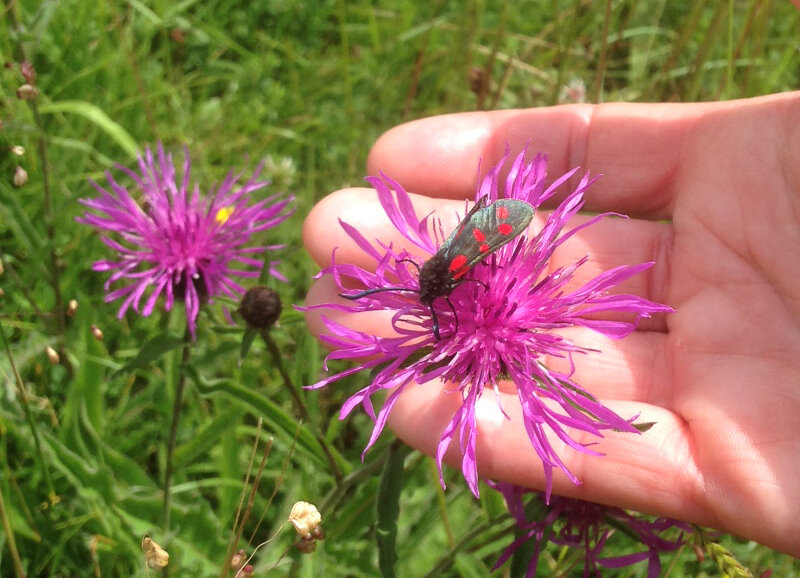
Articles
Nature Chain Articles
Nature Chain regularly writes and publishes articles about wildlife friendly gardening and related information. Please browse our catalogue of articles below.

Nature Chain regularly writes and publishes articles about wildlife friendly gardening and related information. Please browse our catalogue of articles below.